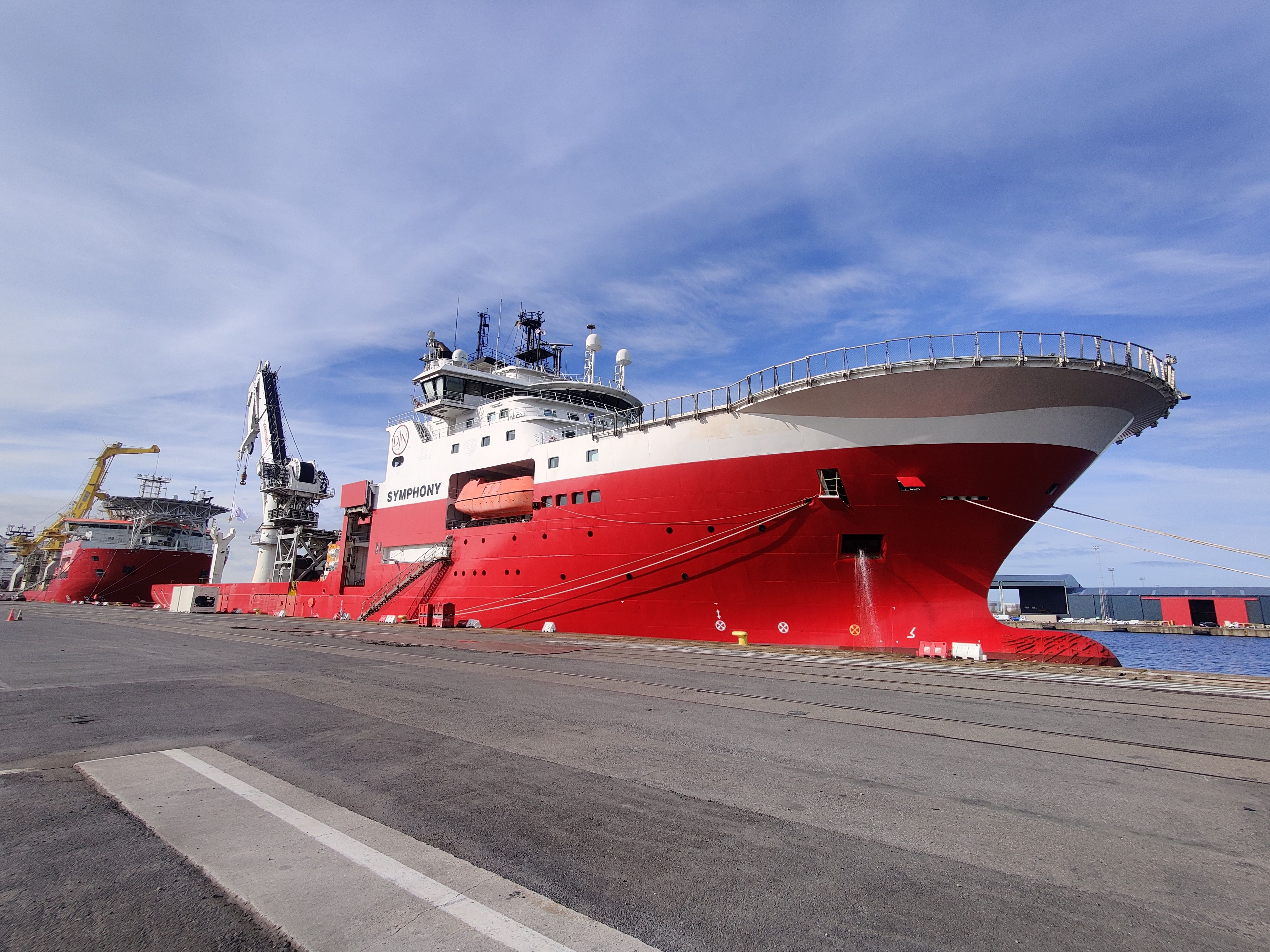Jan De Nul to lay power cables between North Africa and Europe

Belgian maritime contractor Jan De Nul announced its plans to lay submarine cables between Morocco and Europe on Monday. The cables will allow the transportation of renewable energy produced in North Africa to Europe.
The company is joining forces with Australia's Fortescue, a mining company and producer of green energy. With local company OCP, Fortescue plans to produce green hydrogen, ammonia and fertiliser in Morocco and export it to Europe.
Exporting "green electrons" - electricity produced from non-emitting sources - requires cables to Europe, say Fortescue and Jan De Nul. The two companies have signed a cooperation agreement to transport green electricity from Morocco and North Africa.
"It is clear that the transition to electrification is taking place worldwide," a Jan De Nul spokesperson said. "The direct transport and consumption of green electrons is one of the most efficient ways to contribute to reducing the world's total energy demand."
World leader
Jan De Nul is a world leader in marine works. In May, the company announced that it achieved record revenues of almost 3 billion euros in 2023, the majority of which came from dredging activities and the construction of offshore wind farms.
The company recently ordered two cable-laying vessels to fulfil its growing order book. A 215m long, they will be the largest in the world when they are delivered in 2026. They will be able to lay cables at depths of 3,000m and will be powered by engines that run on biofuel and green methanol.
With the two new vessels, Jan De Nul will own five cable-laying vessels. Over the past decade, its fleet has laid 2,500km of submarine cables, to transport energy from offshore wind turbines to land or to connect power grids in different countries.
#FlandersNewsService | © BELGA PHOTO MAAIKE TIJSSENS
Related news
